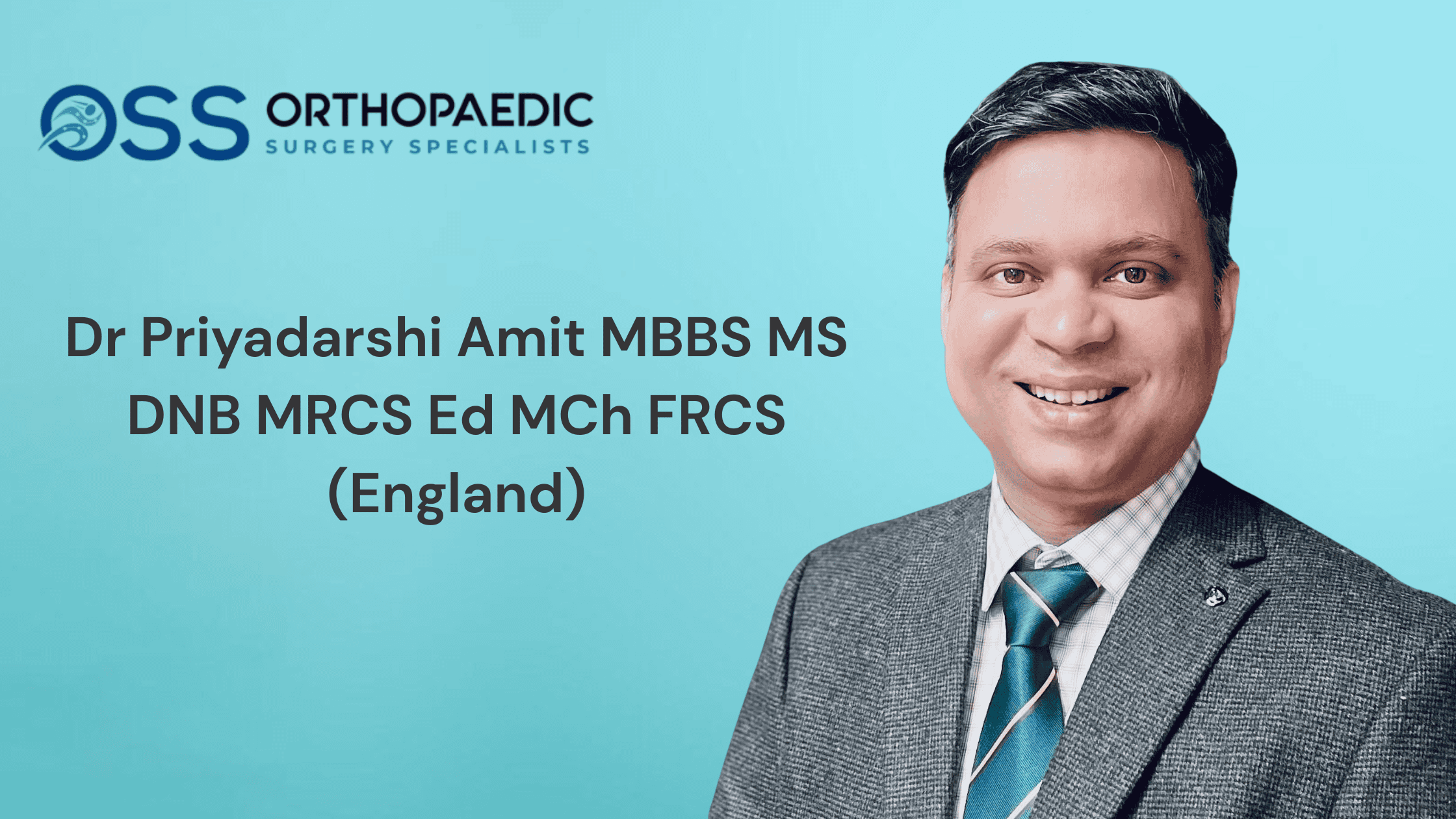
Posted by: mustafiz | 0 COMMENTS
Discover how the Best Shoulder surgeon in New Delhi treats frozen shoulder issues with surgery, injections, etc. to restore patient recovery and reduce pain.
Frozen shoulder, also known as adhesive capsulitis, is a painful and restrictive condition that affects the shoulder joint, limiting its movement and causing severe discomfort. Dealing with shoulder stiffness can really affect your daily activities and quality of life.
So, it is very important to consult a Frozen Shoulder Specialist in New Delhi for proper diagnosis and management of this condition. Go through this blog to learn how a frozen shoulder develops and how it is treated by the Best Shoulder surgeon in New Delhi.
How a Frozen Shoulder is caused?
Frozen shoulder develops slowly and usually follows three phases: freezing, frozen, and thawing. The freezing stage is gradual with the pain and the restriction in movement of the shoulder. During the frozen stage, the pain can ease, but the stiffness remains making the performance of most tasks a nightmare. Lastly, the thawing stage presents with gradual improvement and recovery of mobility of the shoulder. It lasts for months to years but is controllable if managed properly.
Reasons to consult a Frozen Shoulder Specialist in New Delhi
New Delhi boasts an excellent network of expert doctors and medical institutions with orthopaedics and shoulder treatments. The Best Shoulder surgeon in New Delhi determines the severity of your condition and creates a specific treatment plan. From initial symptoms to advanced, seeking a specialist ensures that you get the best possible care for your needs.
The first step in treating a frozen shoulder is getting an accurate diagnosis. The specialist will do a comprehensive examination of your shoulder, including assessing your range of motion, pain levels, and the functional limitations caused by the condition. Moreover, imaging tests such as X-rays or MRIs might be required to rule out other causes of shoulder pain.
Treatment Options for Frozen Shoulder
Treatments for frozen shoulders often follow a combination of conservative management plans, physical therapy, and sometimes surgical intervention. In fact, the course followed depends on the stage of the condition and how bad it is. Here are the common treatment options prescribed by the Best Shoulder Surgeon in New Delhi:
- Drugs and Injections
Pain and inflammation are often treated with nonsteroidal anti-inflammatory drugs, which may include ibuprofen or acetaminophen. For more severe pain, the Frozen Shoulder Specialist in New Delhi may suggest corticosteroid injections into the shoulder joint, thereby reducing inflammation and providing pain relief. Such injections give relief in the freezing and frozen stages.
- Heat and Cold Therapy
The application of heat or cold on the affected area can bring great relief. Ice packs help to reduce swelling and numb pain, while heat pads can help relax the muscles and improve flexibility. Your specialist may recommend alternating between heat and cold therapies to manage symptoms.
- Joint Distension or Hydrodilatation
Sometimes, a surgeon will suggest a joint distension. This is a process wherein they inject sterile fluid into your shoulder joint to make stretching possible and increase the motion in that joint. By stretching this tissue, it lessens tightness in the joint so more effective exercises can be accomplished at physical therapy sessions.
- Surgical treatment
Surgery is suggested if non-surgical treatments remain insufficient. The Best Shoulder Surgeon in New Delhi assesses whether surgery should be undertaken and which should be implemented. There are two categories of surgical procedures:
- Arthroscopic Surgery – In this, a small incision is made and a camera known as an arthroscope is inserted to inspect the joint. Then, special instruments are introduced into the joint which removes the thickened tissue that is surrounding the shoulder joint. This technique has fewer complications and a shorter recovery period.
- Manipulation Under Anesthesia (MUA) – This is done when the shoulder is comparatively less stiff. The surgeon gently manipulates the shoulder joint under general anesthesia to break up the scar tissue and improve mobility.
To sum up, if you experience any frozen shoulder signs, don’t delay and immediately seek help from a Frozen Shoulder Specialist in New Delhi at OSS. Early intervention significantly improves the chances of a patient’s quick recovery with improved long-term outcomes.
Related Blogs








